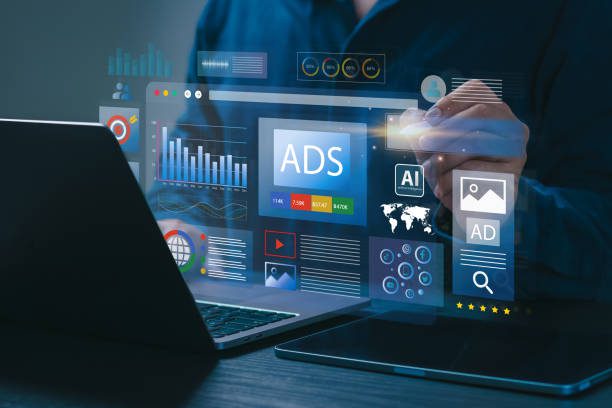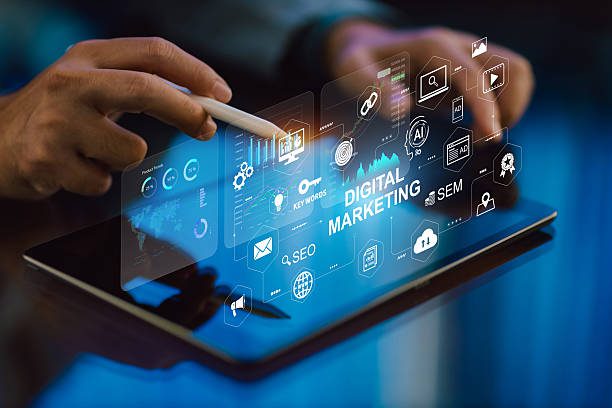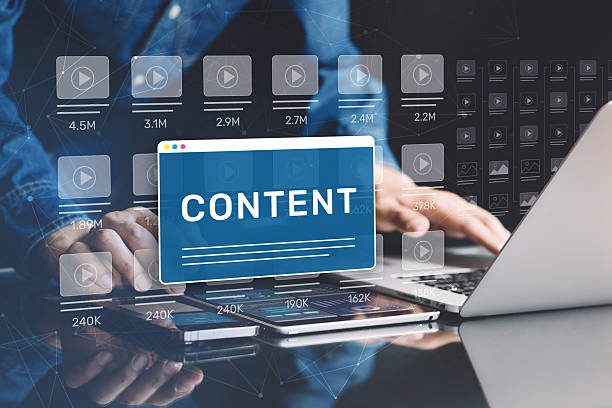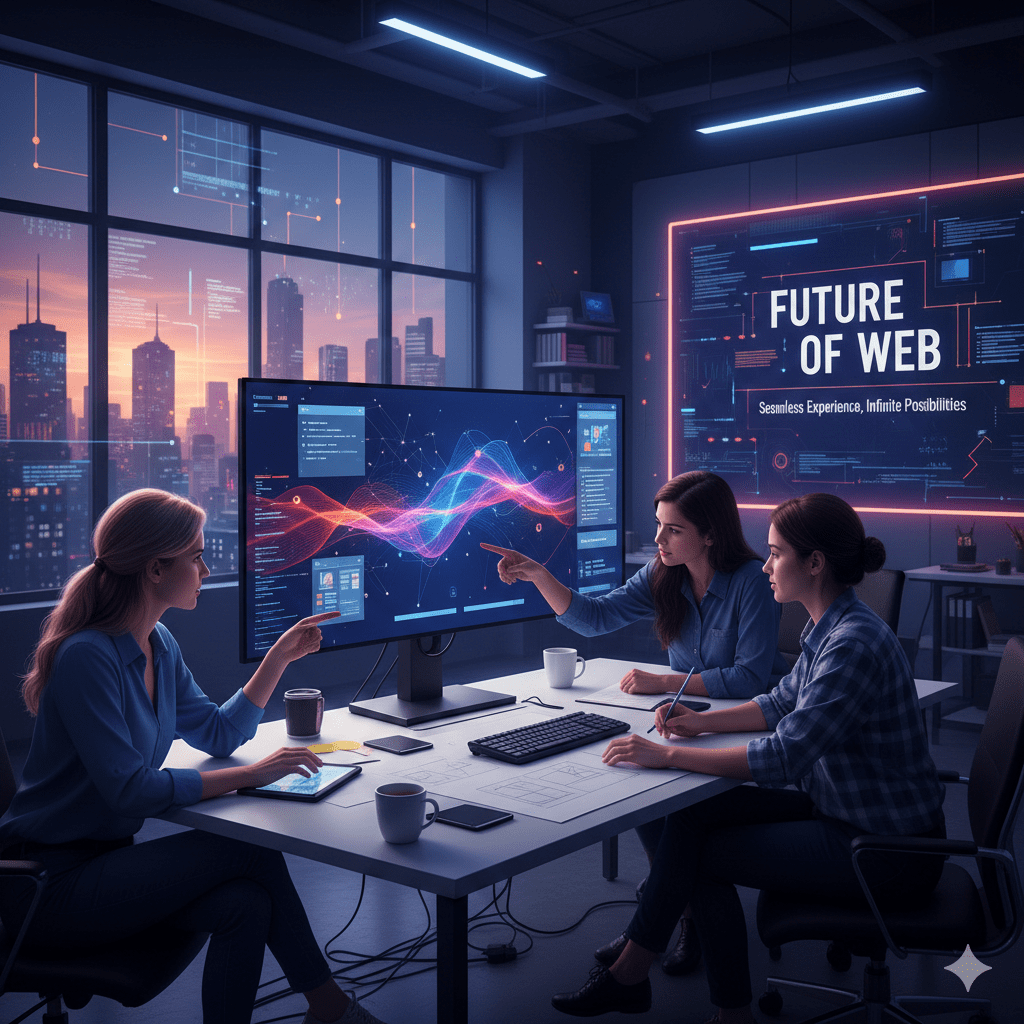More businesses are facing an important decision: should they rely on AI tools to handle their marketing, or do they still need the expertise of a marketing agency? As AI continues to advance, this isn’t just a theoretical question anymore; it’s a real choice that affects your budget, timeline, and results.
In this article, you’ll discover what AI tools excel at, where they struggle, and what marketing agencies still offer that technology simply can’t match. You’ll also learn about the latest trends in AI marketing, the trade-offs between automation and creativity, and how to decide which approach is right for your business.
What Does “AI Marketing” Actually Mean?
“AI Marketing” refers to using artificial intelligence tools to automate, assist, or improve marketing tasks. These tools can write ad copy, identify target audiences, analyze campaign performance, or automatically adjust ad budgets based on live results.
But AI doesn’t replace everything a marketing agency does. Marketing agencies focus on the bigger picture; developing strategies, creating brand stories, and building relationships that drive long-term growth.
Here’s what agencies bring to the table:
- Strategic planning: Agencies consider your brand’s long-term vision, market positioning, and customer experience, not just immediate conversions.
- Creative execution: Designers, writers, and strategists ensure every piece of content reflects your brand’s personality and connects emotionally with your audience.
- Human insight: People understand cultural context, ethics, and trends in ways AI can’t. Agencies dig into the “why” behind consumer behavior.
- Quality control: Agencies review content for tone, accuracy, and brand consistency; areas where AI often misses the mark.
- If you’re wondering how to combine the efficiency of AI with the strategic thinking of human experts, Socialander can help. We set up, manage, and optimize marketing systems that blend data-driven automation with creative expertise. We use AI where it makes sense and human insight where it matters most, helping you achieve measurable, profitable growth.
What AI Tools Do Best
AI marketing tools have made significant progress. Here are the areas where they truly shine:
1. Real-Time Optimization & Automation
AI monitors ad performance continuously and adjusts spending, targeting, or bidding automatically. This reduces manual work and helps you react quickly to what’s working. For example, tools that adjust budgets automatically can prevent wasted spend on underperforming ads.
2. Cost Efficiency
AI tools are generally more affordable for handling smaller, repetitive tasks. Activities like A/B testing, generating content ideas, creating initial drafts, and basic reporting cost less with AI. Recent data shows that 60% of marketers now use AI tools daily, with 84% reporting increased AI usage over the past year, highlighting how mainstream these tools have become.
3. Personalization at Scale
AI can create customized messages for many different audience segments using data like purchase history, browsing behavior, location, and preferences. Companies using AI-powered personalization tools have seen conversion rate increases averaging 15%, while personalized website content drives 40% more revenue from visitors.
4. Faster Testing & Iteration
With AI, you can launch multiple versions of ads or content rapidly, see what resonates, and then refine your approach. What used to take weeks can now happen in hours. This speed helps marketers learn faster and improve campaign performance sooner.
5. Predictive Analytics and Customer Behavior Insights
AI systems analyze large sets of historical and real-time data to forecast trends: which customers might leave, which segments are most profitable, and which products are likely to sell. This helps businesses plan more accurately and make smarter decisions about resource allocation.
6. Scalability
Because AI doesn’t tire and can handle multiple tasks simultaneously, you can manage more campaigns, produce more content, and serve more customer segments without hiring additional staff. This is especially valuable as your business grows and marketing demands increase.
Need guidance on hiring a digital marketing agency? Check out our article on how to hire the right digital marketing agency for your business that combines AI efficiency with strategic human thinking for best results.
What Marketing Agencies Offer That AI Can’t Fully Replace
AI has come far, but certain capabilities still require human expertise. Here are the key strengths agencies continue to provide:
1. Strategic Storytelling & Brand Voice
AI tools can generate copy quickly, but they often lack the emotional depth, personality, and values that truly connect with audiences. Agencies develop a consistent brand voice through storytelling, tone, and messaging that aligns with your mission. They craft campaigns that evoke feelings, build trust, and make your brand memorable.
2. Cultural & Contextual Understanding
Local markets, traditions, language nuances, and cultural history all matter. Agencies with human teams understand subtleties like cultural sensitivities, local holidays, regional expressions, and what images or messages resonate (or offend). They interpret trends in context; something AI struggles with because it relies on pattern recognition from training data that can be biased or generic.
3. High-Touch Support & Relationships
Agencies provide personalized service, collaboration, feedback loops, and responsive client care. You work with people who understand your business, respond to your concerns, and adjust strategy based on insights beyond what data shows. When things go wrong, agencies have accountability measures and relationship management that builds trust over time.
4. Creativity, Innovation, and Out-of-Pattern Thinking
When you want to break the mold or try something bold like a viral campaign, an unconventional design, or a creative concept that AI hasn’t encountered, humans excel. Agencies employ creative directors, copywriters, and designers who bring imagination, calculated risk-taking, and originality – qualities AI finds difficult to replicate.
5. Strategic Planning & Adaptive Decision-Making
Agencies plan for the long haul: brand positioning, customer journey mapping, brand equity development, crisis management, and adapting to future trends, not just optimizing for immediate metrics. They can pivot quickly when markets change, customer behavior shifts, or unexpected challenges arise. AI tends to optimize for short-term, measurable patterns and may miss strategic opportunities.
6. Ethics, Brand Safety, and Reputation Management
AI sometimes produces content that’s insensitive, outdated, or biased. Humans ensure alignment with your values, ethics, and brand reputation. Agencies catch potential missteps AI might overlook especially regarding cultural, social, or regulatory implications that could harm your brand.
Risks & Limitations of Each Approach
No system is perfect. Here are the risks and limitations of both AI tools and marketing agencies:
AI Tools: Potential Challenges
1. Data Quality Issues
AI depends heavily on the data it receives. If your data is incomplete, outdated, fragmented, or biased, the insights will be flawed. Poor data quality leads to misguided decisions and wasted resources.
2. Lack of Emotional Nuance & Brand Uniqueness
AI-generated content often feels generic because it reuses similar patterns. It struggles with humor, irony, tone, or themes requiring deep cultural or emotional understanding. Over time, this can make your brand feel impersonal or indistinguishable from competitors.
3. Dependency on Setup, Maintenance, and Human Oversight
Even the best AI tools need proper setup: defining objectives, selecting quality training data, monitoring outputs, and fixing errors. Without ongoing oversight, AI tools may drift from your strategy or produce irrelevant or problematic content.
4. Ethical & Bias Issues
AI can unintentionally reinforce stereotypes or biases hidden in training data. There have been documented cases of biased targeting or content that excludes certain demographics. Privacy concerns also arise when AI systems use personal data without transparency.
5. Over-Optimization for Short-Term Metrics
AI focuses on what can be measured immediately (clicks, impressions, conversions) rather than long-term brand equity, customer loyalty, or reputation. This may deliver “quick wins” but leave you with a weak brand foundation.
Marketing Agency: Potential Challenges
1. Higher Costs
Because of labour, creative work, strategizing, revisions, and quality control, agencies often cost more than using AI tools for basic tasks. For businesses with limited budgets, agency fees can feel steep.
2. Slower Turnaround Time for Simple Tasks
For basic tasks like content tweaks, copywriting, or graphic adjustments, working with an agency may take longer due to approvals, revisions, and meetings compared to quickly generating output with AI.
3. Potential Misfit or Mismatch
The agency’s style, culture, pace, or vision might not align with your brand. If communication isn’t clear or expectations aren’t set properly, outcomes could miss the mark; from tone and quality to timing and deliverables.
4. Dependency & Less Direct Control
When you outsource marketing, you give up some control over creative details, messaging, and execution. Mistakes or misalignments may require back-and-forth communication that slows progress.
5. Over-Promising and Under-Delivering
Some agencies claim faster results than achievable or promise unrealistic metrics. Performance may lag later, causing disappointment. Clear contracts, realistic KPIs, and proof of past success are essential when choosing an agency.
How to Decide What’s Right for Your Business
Choosing between AI tools and a marketing agency depends on your business stage, goals, and the type of growth you’re pursuing.
Start by evaluating your budget, objectives, timeline, and how much creativity your marketing truly needs.
If your focus is speed and cost efficiency, AI tools can automate repetitive tasks like ad targeting, keyword research, or reporting. But if your goal is building a strong brand identity or emotional connection with your audience, an agency’s creative and strategic input will likely deliver better long-term results.
Ask yourself:
- Do I need quick results and automation, or am I building a distinct brand story?
- How much hands-on involvement do I want in managing campaigns?
- Is my team equipped to use and maintain AI tools effectively?
- What’s more valuable right now: efficiency or creativity?
If you’re uncertain, start small.
Test both approaches, for example, use an AI tool for ad copy or data analysis while hiring an agency to manage your overall campaign strategy. Compare the results based on ROI, consistency, customer feedback, and efficiency.
The goal isn’t choosing one over the other. It’s finding the right balance. Many growing brands today use AI and human expertise together, letting machines handle automation and data processing while agencies or internal teams focus on storytelling, branding, and strategy.
Closing Up: It’s Not AI vs. Agencies, It’s AI + Agencies
AI tools have made marketing faster, smarter, and more data-driven than ever before. But while machines handle logic and automation brilliantly, humans still bring story, strategy, and context; the elements that shape brand loyalty and emotional connection.
The reality is, it’s not about AI versus marketing agencies. It’s about finding the right combination. AI helps scale your work efficiently, while agencies bring creativity, experience, and the human judgment that transforms marketing into meaningful communication. You can combine both tools and talent where they fit best.
Frequently Asked Questions (FAQ)
Q: If an agency uses AI, does that reduce the cost or value I receive?
A: Using AI as part of their process doesn’t necessarily mean lower quality, it often improves efficiency. However, you should expect transparency about how AI is used. Many agencies already use AI tools internally (for copywriting, analysis, optimization) while maintaining human oversight, creativity, and strategic direction. The value you pay for should still reflect the strategic and human elements the agency provides.
Q: How do I know whether to rely more on AI tools or hire an agency?
A: One practical approach is to test both on smaller tasks. For example, run an AI-generated ad campaign alongside one created by an agency, then compare metrics like ROI, engagement, conversion rate, and brand perception. The approach that delivers better results and aligns with your long-term vision might be the one to scale.
Q: Do small businesses benefit from agencies, or is AI enough?
A: AI can be an excellent fit for smaller tasks or early-stage needs like writing product descriptions or basic ad copy. However, for brand building, differentiation, and competitive strategy, agency expertise is often necessary. Many experts recommend a hybrid model: AI for efficiency and agencies for strategy because agencies provide what AI lacks.





